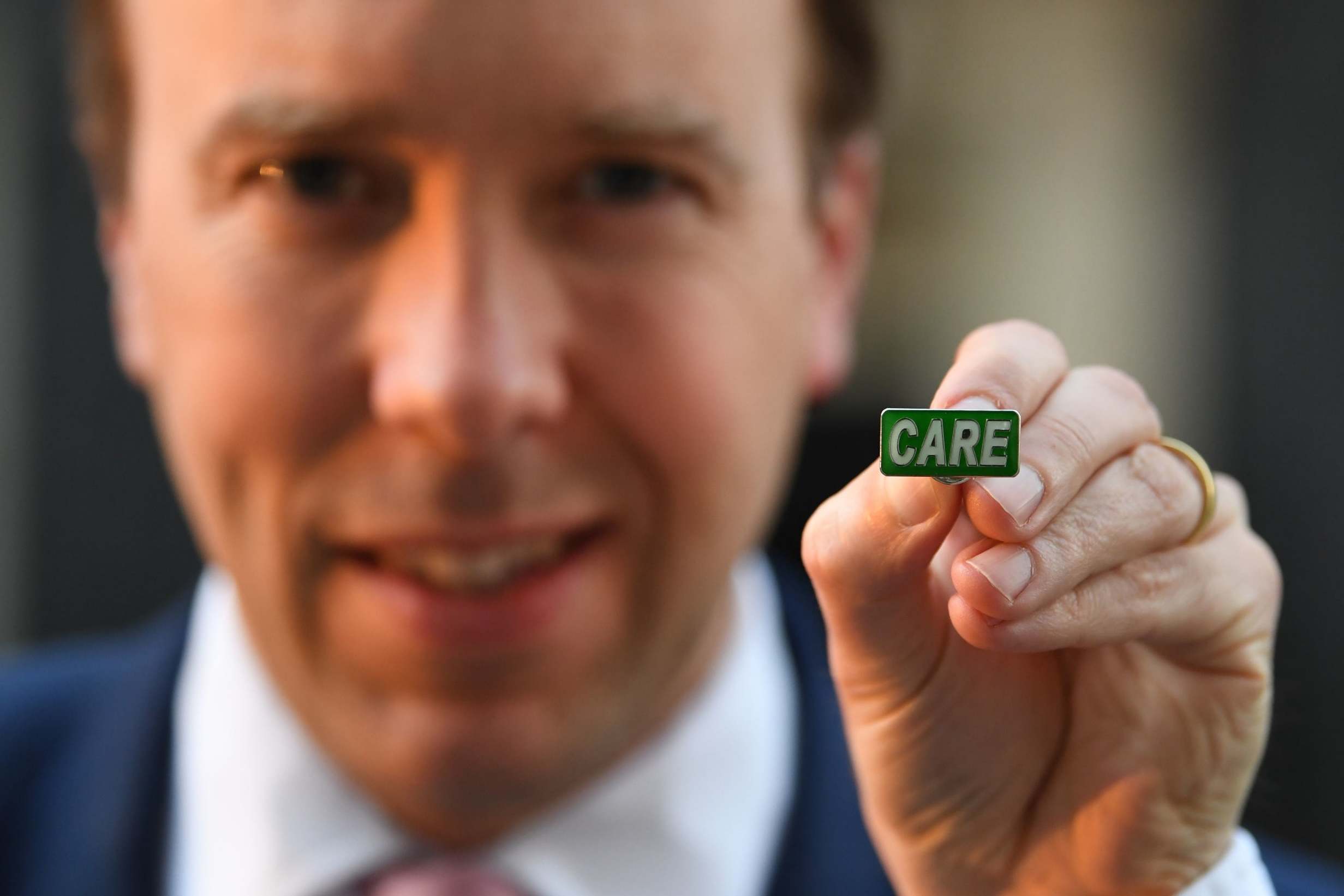Are journalists any good at asking questions? Well, yes
The right issues are being raised, and there are plenty of chances to grill ministers. Whether people are satisfied with the answers they’ve been given is another matter, says John Rentoul


While parliament is in recess, the people most visibly holding the government to account are journalists. At the daily Downing Street coronavirus news conference, a handful of us get to put questions to the minister and the scientific and medical advisers.
Naturally, everyone in the country thinks they could do a better job. That is usually because everyone in the country has a particular view about coronavirus and is annoyed that this isn’t reflected in the questions.
In defence of my fellow journalists, I would say that the questions have covered most aspects of the crisis. What is more, the knock-out question that could be asked and has not been – the single question that would require the minister to resign on the spot if confronted with it – is probably imaginary.
It may also be worth pointing out that the rota for asking questions is drawn up by journalists themselves, and that we have other, less visible, opportunities to challenge the government. The prime minister’s official spokesperson answers questions, on the record but off camera, for an hour a day. Any journalist can ask any government press office a question at any time.
And ministers have been interviewed. Matt Hancock, the health secretary, had a difficult time last week with Nick Robinson on the BBC and Piers Morgan on ITV, but he should be praised for making himself available.
All of which is vitally important in a free society, but there is an element of direct democratic accountability that is missing. That is the House of Commons, where the elected representatives of the people – and in particular the official opposition – can put pressure on the government.
Even that has not been suspended completely. On Friday, for example, Hancock was subjected to a video grilling by a souped-up version of the health and social care select committee. Jeremy Hunt, the chair of the committee, invited other select committee chairs, including Yvette Cooper, of the home affairs committee, to take part.
So the questions have been asked. Whether or not people are satisfied with the answers that have been given is another matter. Even so, it will be a relief to have ministers being asked questions (and giving unsatisfactory answers) in the House of Commons itself, when it resumes its socially distanced sitting on Tuesday.
The Easter break was convenient for the parliamentary authorities, to give them the chance to agree the rules and install the equipment for remote working, but the resumption of full democratic business cannot come soon enough.
Yours,
John Rentoul
Chief political commentator
Join our commenting forum
Join thought-provoking conversations, follow other Independent readers and see their replies
Comments